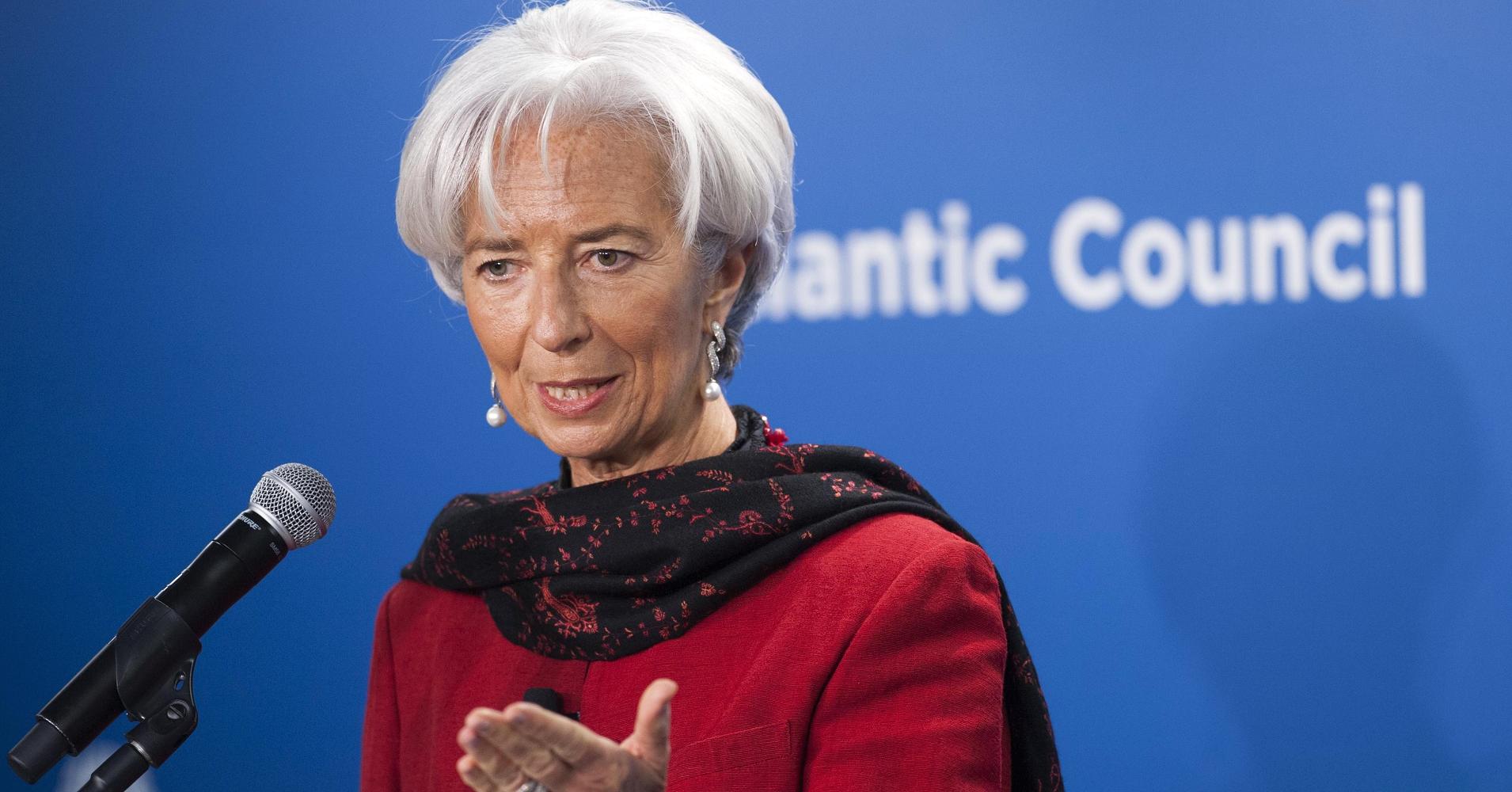
Changes in the world economy and the price of oil mean that many countries across the Arab world will need to undergo significant changes in order to survive, and those that are doing so should be praised, Christine Lagarde, the managing director of the International Monetary Fund (IMF) told CNBC.
“These countries have gone through a massive transition. Those that were exporting oil have clearly seen a big drop in their growth rates. But those economies have to transition from an oil-fed economy to a more diversified, more inclusive, reformed economy,” Lagarde said at the World Government Summit in Dubai.
Some countries are ahead of the game, she described, while others are working on reforms. “But certainly we will be seeing different countries in a few years’ time, given where the price of oil is likely to head.”
The IMF chief named some of the countries she felt deserved recognition for their reform efforts.
“If I look at what’s happening in Morocco for instance, this is very encouraging,” she said. “If we look at Egypt, which has gone through a really tough time, and where the Egyptian people have shown courage, and the Egyptian leader, courage — we have seen growth up more than 5 percent.”
Egypt’s economy has been in crisis since the years following the Arab Spring, as domestic turmoil, terrorist attacks and an exploding population have hit valuable sectors like tourism and hurt the public sector’s ability to provide jobs and traditional benefits. In 2016, the IMF agreed to a three-year, $12 billion bailout program to support the country of 90 million.
“Big stabilization in Egypt is going to give rise to benefits for the people,” Lagarde stressed. “And in all circumstances, whether it’s in Egypt, Jordan, Tunisia and all places we think of as difficult situations, we are very attentive that there be a social basis so that people who are at risk, people who are underprivileged, people who are exposed, have sufficient benefits to actually cope with the situation.”
Inflation in Egypt peaked at 35 percent in July 2017, a figure that’s dropped to 17 percent and is expected to reach 12 percent this year, according to the IMF. Egypt’s gross domestic product growth is also improving, projected to be 4.8 percent by July of this year, up from 3.5 percent in 2016.
Still, the changes have hit many ordinary people hard — Egyptians saw record price increases in 2017 after the government allowed the national currency to float, which was also part of the IMF program.
Asked if these reforms were actually helping the population quickly enough, Lagarde acknowledged that an improvement in living standards doesn’t happen overnight, but that this was a necessary process.
“When you see inflation going down, when you see money coming back into the country, investors looking at Egypt as a good risk in which to set up new companies and create jobs, that’s the response,” she said.
“Of course it’s not easy when you go through that process of reforms,” she added. “But when you see the light at the end of the tunnel, where prices are going to go down, where the social basis is there and where investments are coming to create jobs, I think that’s really encouraging.”

